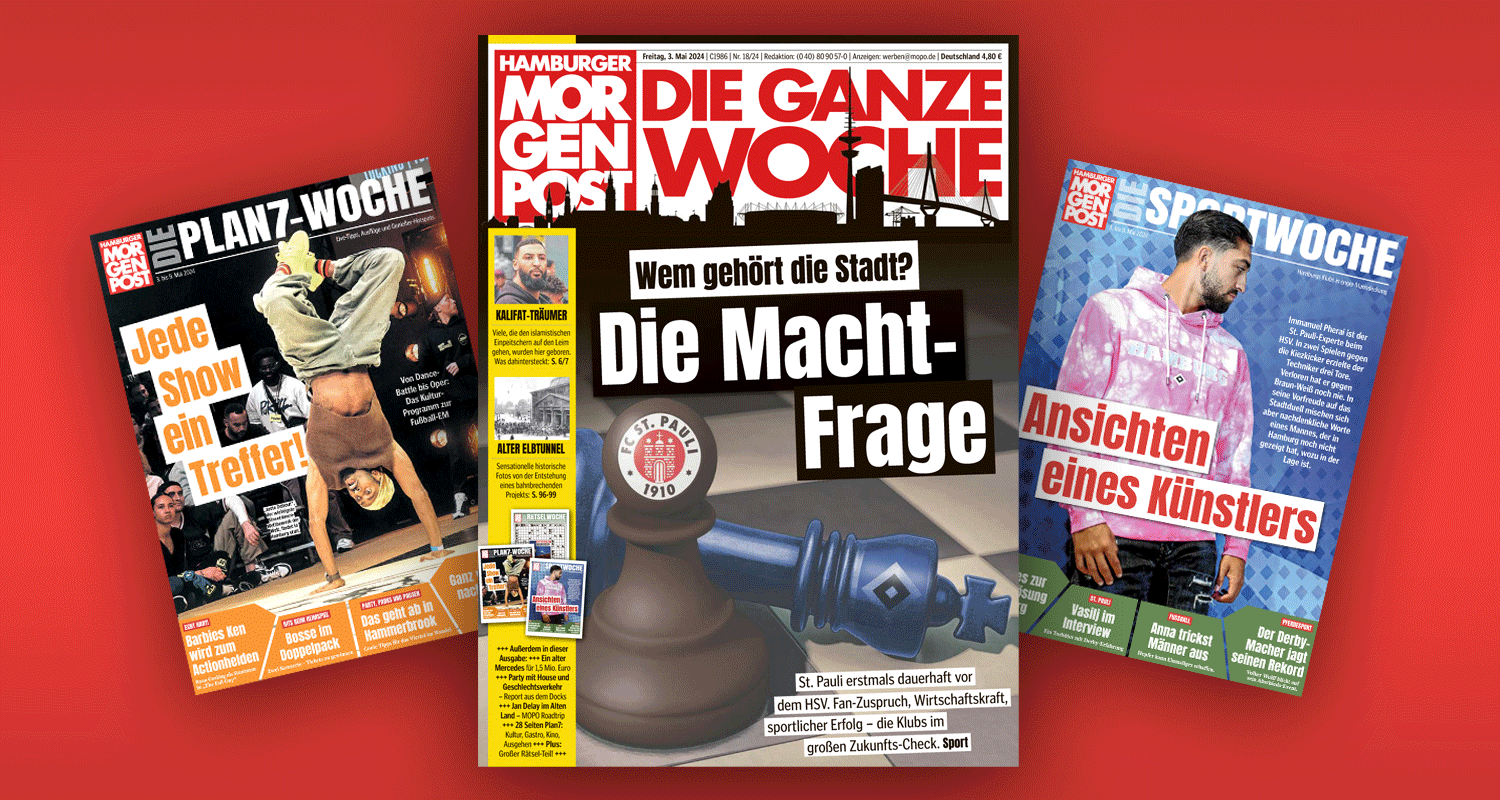Ask Chicago drivers if they know who their local expressways are named after, and you’re likely to get varied answers. The Kennedy and the Eisenhower? One would hope so. But the Edens and the Dan Ryan? Not sure if those both are people. The Bishop Ford? Sure, he’s the guy who succeeded Richard Nixon as president, right?
And then there’s the Jane Byrne Interchange. The one with the incredible time and cost overruns. The one that looks like a concrete erector set. Wasn’t Byrne married to Bill Veeck? Or was she the one who warned everyone that the Chicago fire was spreading?
Well, Byrne certainly deserves to be one of the most famous figures in Chicago history. She was not only the first female mayor of Chicago, but she also was the first female mayor of an American city of 3 million people. She emerged victorious during Chicago’s general election exactly 45 years ago. It was an improbable success story that should be a source of considerable civic awareness, but unfortunately, it is simply a footnote in the municipal history books.
And that’s not fair or sensical. Because for a city in need of a few reasons to beat its chest in pride, Byrne’s extraordinary and outlandish rise to the mayor’s office says as much about Chicago as a place of opportunity and acceptance as it does about Byrne’s own boldness and chutzpah. No glass ceiling for her; no predetermined election results for us.
Byrne’s unpredictable rise to power is even more amazing, considering the fact that it was absolutely not preordained. Not by a long shot. She was widowed at an early age. Encouraged by her family to become involved in local Democratic politics, she became a protege of Mayor Richard J. Daley and served as the head of the city’s consumer affairs division and as co-chair of the Cook County Democratic Central Committee.
Following Daley’s death, she was removed from both positions after she criticized Daley’s mayoral successor, Michael Bilandic. Byrne sought to turn the tables by challenging Bilandic in the next election and was aided by the most serendipitous of events — the great blizzard of 1979. The massive dumping of 21 inches of snow in mid-January completely paralyzed the city and its transportation. Enormous commuting challenges and lengthy delays in snow removal lingered over the next two months.
Related Articles
Vintage Chicago Tribune: The blizzard of 1979 — and how it propelled Jane Byrne into the mayor’s office
Byrne sensed the frustration of Chicago residents and heavily criticized Bilandic’s storm response. She rode that frustration to an amazing victory in the Feb. 27 Democratic primary for mayor, en route to another victory in the April 3 general election. The citizens of the “Hog Butcher for the World” had created history.
Yet Byrne was unable to convert the audacity of her victory into substantial achievement in office. In her single term as mayor, she enjoyed a series of highs — including the first Taste of Chicago and appointment of the first Black superintendent of schools. She also experienced a series of lows — continued financial problems, numerous strikes by city workers, and the controversy that resulted from her decision to move into the Cabrini-Green housing complex. She was defeated in her reelection bid by Harold Washington. Yet longtime former Cook County Clerk David Orr described Byrne as “a talented, spunky, tough woman, who did a number of things.”
Jane Byrne greets crowds outside Marshall Field’s at State and Washington streets on April 2, 1979. It was the last day of campaigning. (Carl Hugare/Chicago Tribune)
Her uneven record notwithstanding, Byrne made her mark with her willingness to pursue progressive and sometimes controversial policies that, while they challenged the Democratic Party establishment, enhanced Chicago’s reputation as the “City of the Big Shoulders.” Her election also helped accelerate the decline of the Democratic machine that had dominated city politics for years. Yet she left office with the reputation of a political outlier that has yet to be fully and fairly corrected.
Women now occupy elected positions at every level of government, including the vice presidency. And in the corporate world, women have made strong gains in ascending into senior leadership positions over the last several years, according to the well-known policy organization Lean In.
Perhaps the glass ceiling is indeed in the process of being broken; one can hope. And if so, let’s thank Byrne for at least starting a crack in that ceiling.
It’s become de rigueur for the pundits, business owners and some presidential candidates to belittle Chicago: It’s too segregated, it’s too dangerous; it’s economically inconsequential. But the memory of Byrne’s election encourages Chicagoans to channel their inner Carl Sandburg in response to all this. To give back the sneer of those critics and say to them:
Come and show me another city with lifted head singing so proud to be alive and coarse and strong and cunning.
Come and show me another city that was brave enough, and visionary enough, to elect Jane Byrne.
Michael Peregrine is a Chicago lawyer. He endured the 1979 blizzard at Northwestern University Law School, which refused to acknowledge the concept of a “snow day.”
Submit a letter to the editor, of no more than 400 words, by emailing letters@chicagotribune.com. To review our criteria, click here.





